Dzul Hijjah, Its Importance and Hajj
﷽
In the name of All the Most Gracious, the Most Merciful.
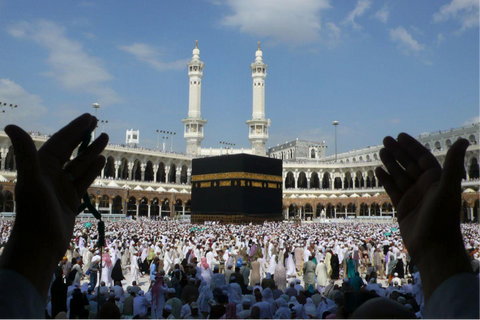
(Google Image/Vox)
Alhamdulillah for the arrival of the month of Dzul-Qi'dah, however that puts us a month away, Dzul Hijjah to the end of the islamic year. What's the importance of Dzul Hijjah brings and the performing of Hajj in this month?
Insha allah, in the next upcoming blogs we will be sharing on Hajj and the different types of Hajj thats performed.
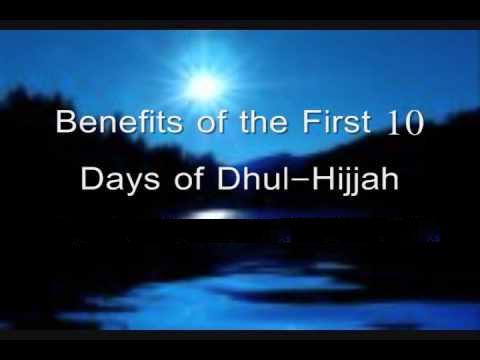
Why do they matter?
Even for those not performing the pilgrimage, Hajj, the first ten days of this month are considered very sacred and a time for increased reflection, seeking Allah’s forgiveness, doing good and various other forms of worship.Prophet Muhammad (salAllahu alayhi wasalam) has said about the first ten days of Dhul-Hijjah: There are no days in which righteous deeds are more beloved to Allah than these ten days.” The people asked, “Not even Jihad for the sake of Allah?” He said, “Not even Jihad for the sake of Allah, except in the case of a man who went out to fight giving himself and his wealth up for the cause, and came back with nothing [Sahih al-Bukhar].
So sacred are the first ten days of Dhul-Hijjah that Allah swears an oath by them when He says in the Quran: “By the dawn; by the ten nights” [al-Fajr 89:1-2]. Swearing an oath by something indicates its importance and great benefit.
What kinds of worship should be performed?
While any good deed done for the sake of Allah according to the way He approves will be rewarded immensely during the first ten days, InshaAllah, some of the more specific actions mentioned in the traditions of the Prophet (sal Allahu alayhi wasalam) are fasting and verbal Dhikr (remembrance) of Allah.-
Fasting
- In terms of fasting, it is particularly encouraged to fast on the ninth day of Dhul-Hijjah, known in Arabic as Yawm Arafah. The Prophet used to fast on this day [an Nisai and Abu Dawud]. Fasting on this day will expiate a Muslim’s sins for two years.
- Abu Qatadah reported that the Prophet (salAllahu alayhi wasalam) said: Fasting the Day of Arafah will be credited with Allah by forgiving one’s sins of the previous year and the following year. [Muslim]
- One of the wives of the Prophet (salAllahu alayhi wasalam) said: Allah’s Messenger used to fast the (first) nine days of Dhul-Hijjah, the day of Ashura, and three days of each month.[Sahil Sunan Abu Dawud # 2129]
- The day of Arafah is the day when the pilgrims stand in worship on the Mountain of Arafah. It is the best day of the Whole Year.
- Fasting the day of Arafah expiates the [minor] sins of two years: a past one and a coming one. And fasting the day of Ashura expiates the sins of the past year. [Muslim]
- There is no day on which Allah frees people from the Fire as He does on the day of Arafah. He comes close (to those standing on Arafah) and then revels before His angels, saying: “What are these people seeking? [Muslim]
-
Dhikr
- The verbal remembrance of Allah is another meritorious act during these first ten days of Dhul-Hijjah. “And mention the name of Allah on the appointed days” [12:28].
- The Prophet (salAllahu alayhi wasalam) encouraged Muslims to recite a lot of Tasbeeh (SubhanAllah), Tahmeed (Alhamdulillah) and Takbeer (Allahu-Akbar) during this time.
- The Takbeer may include the words “Allahu-Akbar, Allahu-Akbar, la ilaha ill-Allah; wa Allahu akbar wa Lillahil-hamd (Allah is Most Great, Allah is Most Great, there is no god but Allah; Allah is Most Great and to Allah be praise),” as well as other phrases.
- Men are encouraged to recite these phrases out loud and women quietly.
- Ibn ‘Umar and Abu Hurairah (radiAllahu anhu) used to go out in the marketplace during the first ten days of Dhul-Hijjah, reciting Takbeer, and the people would recite Takbeer individually when they heard them.
-
Good Deeds
Generally, all good deeds are rewarded highly at this blessed time. These actions include praying, reading Quran, making Du’a (supplication), giving in charity and being good to our families, and other voluntary (nafl) righteous deeds of worship. These are amongst the deeds that are multiplied in these days.
-
Seek Allah’s Forgiveness and Repentance
In addition, seeking Allah’s forgiveness (istighfar) and Tawbah (repentance) at this time is also encouraged. This means more than just a verbal statement of sorrow for past misdeeds. It also requires a firm resolution to avoid making the same mistakes in the future by giving up bad habits, and behavior while sincerely turning to Allah.
-
Sacrifice
- The slaughtering of a sacrificial animal (Adhiyah) is also legislated for the Day of Sacrifice (10th) and the Days of Tashriq (11th, 12th and 13th)
- The tenth of Dhul-Hijjah is Eid ul-Adha or the day of an-Nahr (slaughtering). It marks the conclusion of the major rites of Hajj, and commemorates Allah’s bounty on Prophet Ibrahim (alayhis salam), when He gave him a ram to sacrifice as ransom for his son.
- It is repoted that Prophet Muhammad (salAllahu alayhi wasalam) slaughtered (sacrificed) two horned rams, black and white in colour, and said Takbeer (Allahu Akbar), and placed his foot on their sides (while slaughtering them). [Sahih – Bukhari & Muslim]
- ‘The day of al-Fitr [Eid ul-Fitr], the day of an-Nahr, and the days of Tashreeq are Eid days for us Muslims. They are days of eating and drinking.'[Ahmad, an-Nasi’a, Sahil al-Jami #8192]
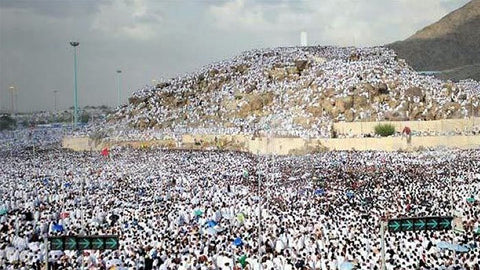
What is Hajj?
Hajj is the 5th pillar of Islam. It is a spiritual journey made by muslims who has the finances, at least once in their lifetime. It is important that Hajj is performed with the best of intentions and in the correct manner. There are certain actions that has been forbidden by Allah during the period of Hajj that will invalidate one’s Hajj which we will go through later.
Where is Hajj performed?
Hajj is performed in Mekkah over a span of one week in the month of Dzul Hijjah.
When?
The period starts from 8th to 12th Dzul Hijjah i.e. the last month in the Islamic calendar.
Why do we have to perform Hajj?
As Hajj is the 5th pillar of Islam, it is compulsory for every muslim to perform Hajj as a sign of obedience to Allah and to please Him. A valid Hajj (or Hajj Mabroor) will expiate one of his past sins and mistakes.
In Surah Al-Imran, ayah 97, Allah states that:
فِيهِ آيَاتٌ بَيِّنَاتٌ مَّقَامُ إِبْرَاهِيمَ وَمَن دَخَلَهُ كَانَ آمِنًا وَلِلّهِ عَلَى النَّاسِ حِجُّ الْبَيْتِ مَنِ اسْتَطَاعَ إِلَيْهِ سَبِيلاً وَمَن كَفَرَ فَإِنَّ الله غَنِيٌّ عَنِ الْعَالَمِينَ
“And Hajj (pilgrimage to Makkah) to the House (Ka‘bah) is a duty that mankind owes to Allaah, those who can afford the expenses (for one’s conveyance, provision and residence)”
[Aal ‘Imraan 3:97]
Allah has enjoined hajj upon His slaves once in a lifetime, so that it will not be too difficult for them But He urges those who are able to do Hajj and ‘Umrah more than once to do so. The Prophet (peace be upon him) said: “Keep on doing Hajj and ‘Umrah, for they take away poverty and sins as the bellows takes away the impurity from iron.” (Narrated by al-Nasaa’i, 2/4; this is a saheeh hadeeth as was stated by al-Albaani in al-Silsilat al-Saheehah, 1200).
Who should perform Hajj?
Hajj is compulsory for every muslim at least once in their lifetime.
.... To be continue Types of Hajj
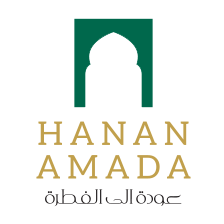
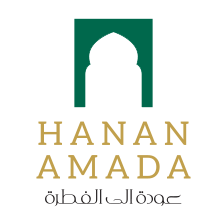

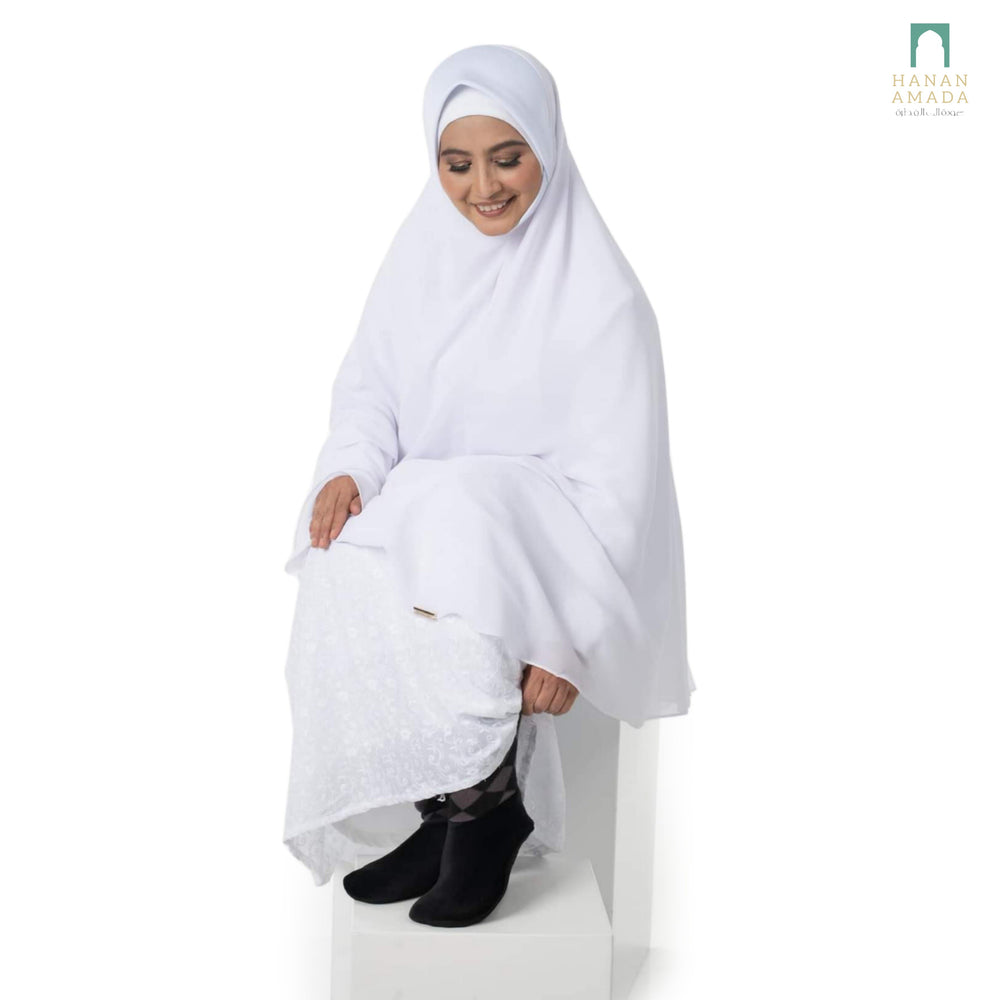

brimonidine tartrate ophthalmic combigan side effects
avana india avanafil stendra
https://chloroquineorigin.com/ aralen for sale chloroquine cancer aralen where to buy aralen
brimonidine tartrate combigan coupon
It’s going to be ending of mine day, except before finish I am reading this fantastic article to improve my know-how. For women regvi.teswomango.com/for-women/
Leave a comment